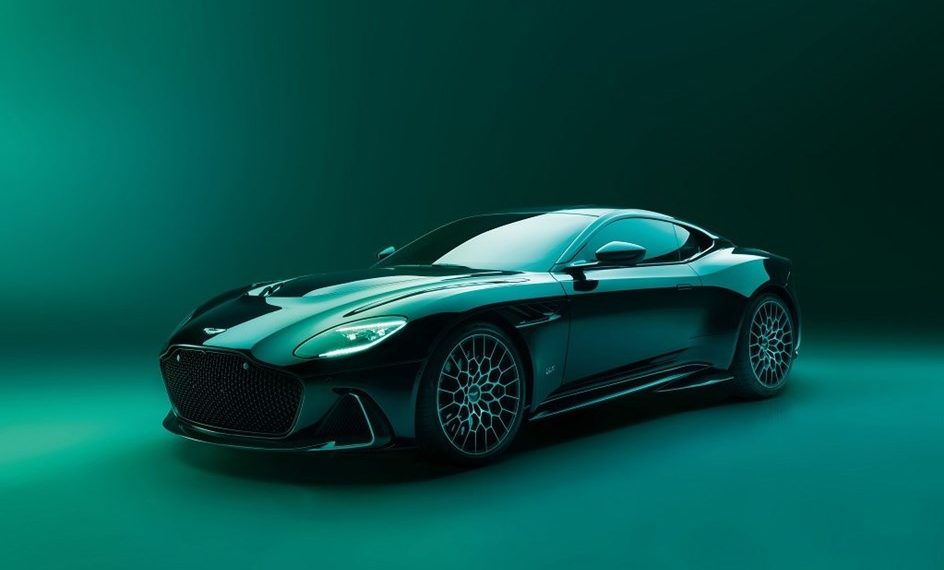Aston Martin, the iconic British sports car manufacturer, has had to scale back its ambitious plans for 2024, with new CEO Adrian Hallmark acknowledging that the company will fall short of its goal to deliver 7,000 cars. Instead, Aston Martin now expects to produce 1,000 fewer vehicles due to ongoing supply chain disruptions that have impacted production across Europe.
Hallmark, who was recently appointed CEO after a successful stint at Bentley, had high hopes for the year but admitted that achieving the target would have required “near perfect execution.” Speaking to Reuters, he emphasized the need for decisive action, stating, “It has become clear that we need to adjust our production volumes for 2024.”
Despite recent successes with standout models like the DB12, DBX, and Vantage, the supply chain issues have forced the company to lower its expectations. Specific challenges, such as floods and fires affecting key suppliers, have taken a toll. For instance, severe flooding in Switzerland earlier in the year caused significant delays at a major aluminum supplier that also affected major automakers such as BMW, Jaguar Land Rover, and Porsche.
While the adjusted outlook is disappointing, Hallmark and Aston Martin remain optimistic about 2025, which is set to be a landmark year with the introduction of eagerly awaited models like the new Vanquish, Valhalla sports cars, and an updated DBX SUV.
Moreover, Aston Martin’s commitment to its internal combustion engine lineup is unwavering, with the company pushing back its EV plans, ensuring that enthusiasts can continue to enjoy petrol-powered sports cars well into the 2030s. This decision aims to appeal to the brand’s loyal fanbase, even as the automotive world shifts toward electrification.
Though supply chain challenges have temporarily set back Aston Martin’s ambitious goals, the company’s focus on strong new products and sustained innovation has set the stage for a more promising future.










